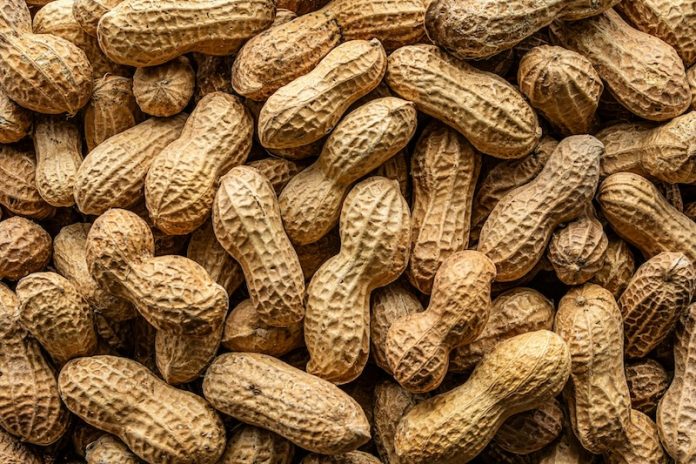
Peanuts are a popular snack enjoyed by many people around the world. They are delicious, crunchy, and often considered a healthy option because of their high protein and nutrient content.
However, recent research has highlighted something important for people with cancer to consider when it comes to eating peanuts.
A study conducted by scientists at the University of Liverpool looked at a specific protein found in peanuts called Peanut agglutinin (PNA).
This protein enters the bloodstream after peanuts are eaten. The research team found that PNA might play a role in making it easier for cancer to spread in the body.
Here’s how it works. PNA affects the way blood vessels behave by triggering the release of chemicals called cytokines. Two of these cytokines, named IL-6 and MCP-1, can make the lining of blood vessels more receptive to cancer cells.
This means that cancer cells can attach to blood vessels more easily, making it simpler for them to travel to other parts of the body—a process known as metastasis.
In earlier studies, the same research team discovered that PNA can stick to certain sugar molecules that are commonly found on the surface of cancer and pre-cancer cells.
This connection acts like a glue, making cancer cells stick together in clusters. These clusters are more likely to survive as they move through the bloodstream, increasing the chances of the cancer spreading to new areas.
It’s important to note that this research does not mean peanuts are harmful to everyone. For most people, peanuts remain a healthy snack. However, the findings suggest that people who are already dealing with cancer might want to be cautious about eating peanuts regularly.
For cancer patients, even small factors that may encourage cancer to spread are worth paying attention to.
The lead researcher, Dr. Lu-Gang Yu, emphasized that this study is just the beginning. More research is needed to fully understand the link between peanuts and cancer spread. The team is calling for further studies to explore these findings in more depth.
For now, if you or someone you know is undergoing cancer treatment, it might be a good idea to limit peanut consumption until more is understood about the risks. It’s a small change that could potentially make a difference.
This research was published in a scientific journal called Carcinogenesis. While the journal is aimed at scientists, the key takeaway is straightforward: for cancer patients, being cautious with peanuts might be a wise choice.
Staying informed about these kinds of discoveries can help people make better decisions for their health.
As research continues, we’ll learn more about how everyday foods like peanuts interact with complex conditions such as cancer.
Until then, it’s always a good idea to speak with a doctor or dietitian if you’re unsure about what foods are best for your situation. Your health decisions should always be based on the most reliable information available.
If you care about cancer, please read studies about common drugs for inflammation may help kill cancer, and statin drugs can starve cancer cells to death.
For more information about cancer, please see recent studies about these two things are key to surviving cancer and results showing common Indian fruit may slow down cancer growth.
Copyright © 2024 Knowridge Science Report. All rights reserved.



